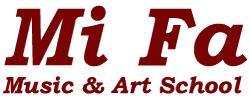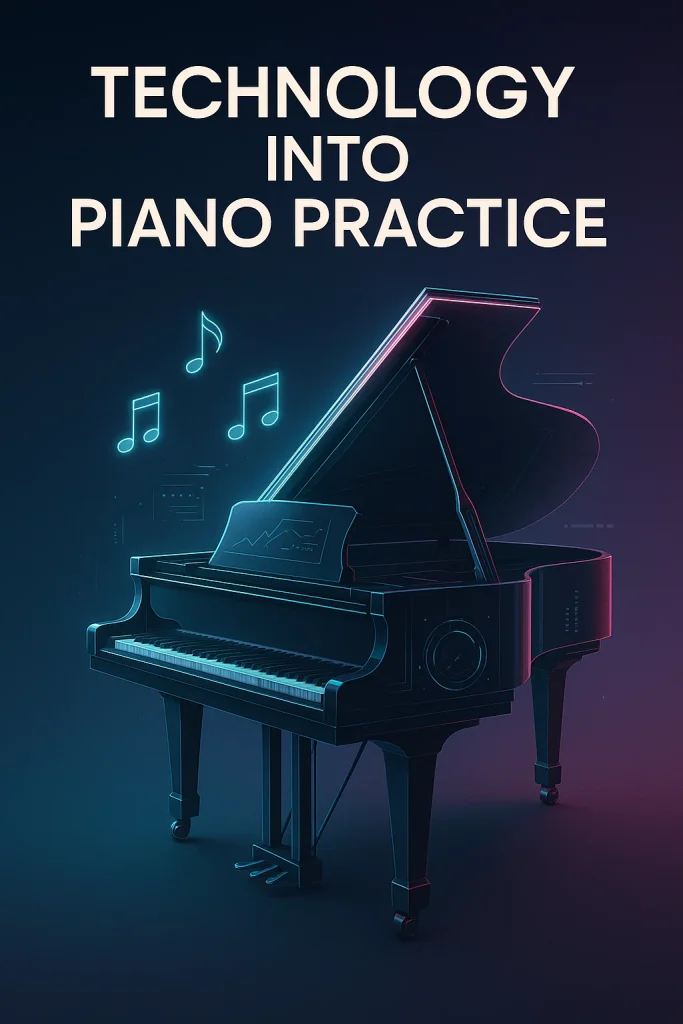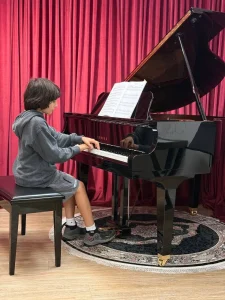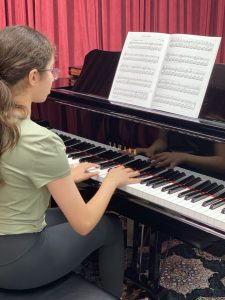Incorporating Technology into Piano Practice: Best Tools & Apps for Modern Learners
In today’s fast-paced world, piano practice technology is transforming the way students learn and engage with music. From interactive apps to AI-powered analysis tools, digital resources are helping students of all ages refine their skills more efficiently and enjoyably. This guide explores the top apps, tools, and online resources that are redefining how we approach piano education.
Best Apps for Piano Students
Modern piano learning apps can turn practice into play. Here are some top-rated options:
Simply Piano (Beginner–Intermediate): Step-by-step lessons using your real piano or keyboard. Great for self-paced learners.
- Flowkey (All Levels): Offers real-time feedback and a library of songs with tutorial support.
- Yousician (Beginner–Intermediate): Gamified learning system that listens to your playing and tracks progress.
- Pianote (Beginner–Advanced): Includes guided video lessons with a structured curriculum and instructor support.
Bonus Tip: Combine Flowkey with a digital piano for feedback and technique tracking.
Using Metronomes and Tuners
Digital metronomes and tuners are essential piano practice tools:
- Soundbrenner: A wearable metronome with vibration features ideal for rhythm training.
- Pro Metronome: Customizable time signatures and advanced rhythm settings.
- Tonal Energy Tuner: Offers tuning, metronome, and tone generation in one app.
These tools sharpen timing, tempo control, and help students develop internal rhythm—essential for exams and performances.
Recording Your Practice Sessions
Recording practice sessions allows for performance analysis and progress tracking:
- GarageBand: Great for recording and layering.
- Audacity: Free and detailed audio editing features.
- Smart Pianist (Yamaha users): Records while giving visual feedback on notes and chords.
Recording gives insight into dynamics, articulation, and consistency—helping learners become more self-aware musicians.
Online Resources and Courses
Top online piano lessons tailored for various levels:
- Coursera – Developing Your Musicianship (Beginner): Covers music theory essentials and ear training.
- Pianote Academy (All Levels): Step-by-step video courses with instructor support and feedback.
- MasterClass with Herbie Hancock (Advanced): Explore jazz improvisation and composition from a legend.
These music certification-oriented platforms offer depth, flexibility, and access to world-class teachers.
Tech Tools Used at MiFa
MiFa’s piano lessons in North Vancouver include modern tools that make learning more engaging, such as:
- Interactive theory apps (like Tenuto)
- RCM practice software aligned with the RCM curriculum
- Video lesson libraries for home review
Our blended approach combines traditional teaching with the best of practice technology.
Recommended Combinations Based on Student Types
| Student Type | Goal | Suggested Tools & Apps |
| Tech-savvy Teen | Learn songs & theory | Simply Piano + Tenuto + GarageBand |
| Exam-focused Adult | RCM Certification | Flowkey + Pro Metronome + Pianote + RCM Online Theory |
| Hobbyist Beginner | Fun & casual learning | Yousician + Smart Pianist + YouTube tutorials |
| Composer/Improviser | Creativity & originality | GarageBand + MasterClass + Soundbrenner |
FAQs about Technology into Piano Practice
Q1: Do I need a digital piano to use these tools?
No, many apps use your device’s microphone to listen to acoustic pianos. But MIDI compatibility adds accuracy.
Q2: Are paid apps worth it?
Yes, especially if you’re aiming for music certification or exam success. They offer structured learning and accountability.
Q3: Can these tools replace a teacher?
No. They supplement instruction, but nothing replaces the guidance of an experienced piano teacher.
Q4: What’s the best app for absolute beginners?
Simply Piano or Flowkey are ideal for beginners due to their guided approach and clear instructions.
Summary
Apps like Flowkey and Pianote make piano learning interactive and effective.
Digital tools such as a metronome and recording software enhance technical skills.
Online courses provide structured learning aligned with student goals.
MiFa’s piano program integrates these tools into every lesson.
By choosing tools that align with your goals and learning style, you can maximize your potential at the keyboard.





